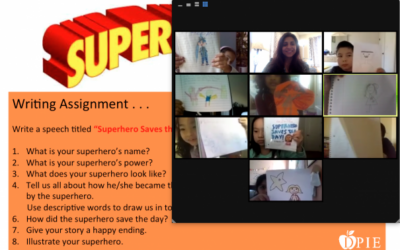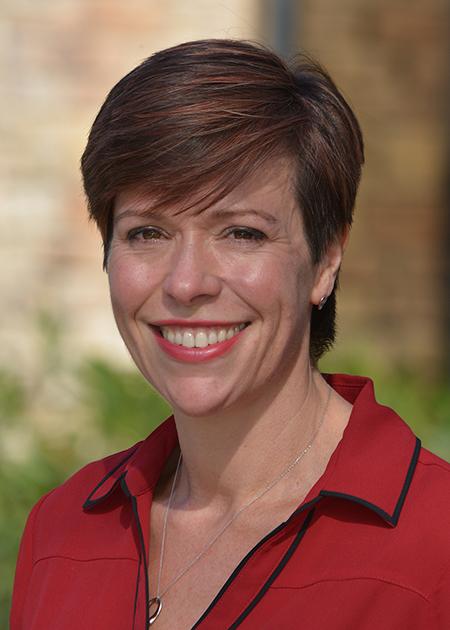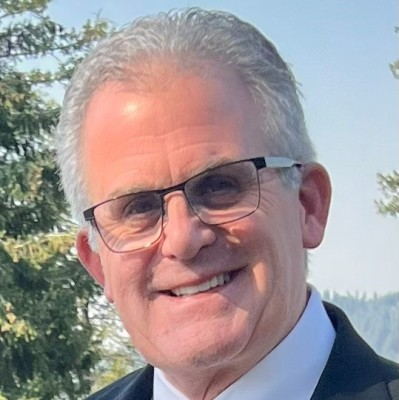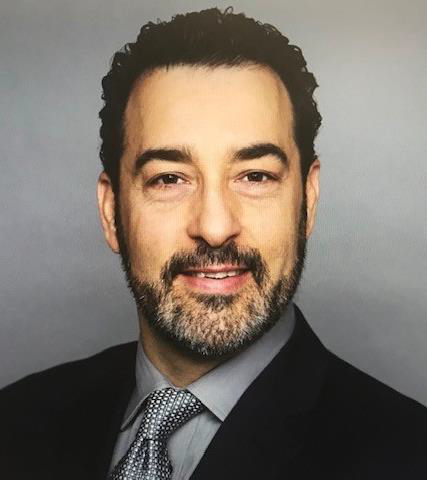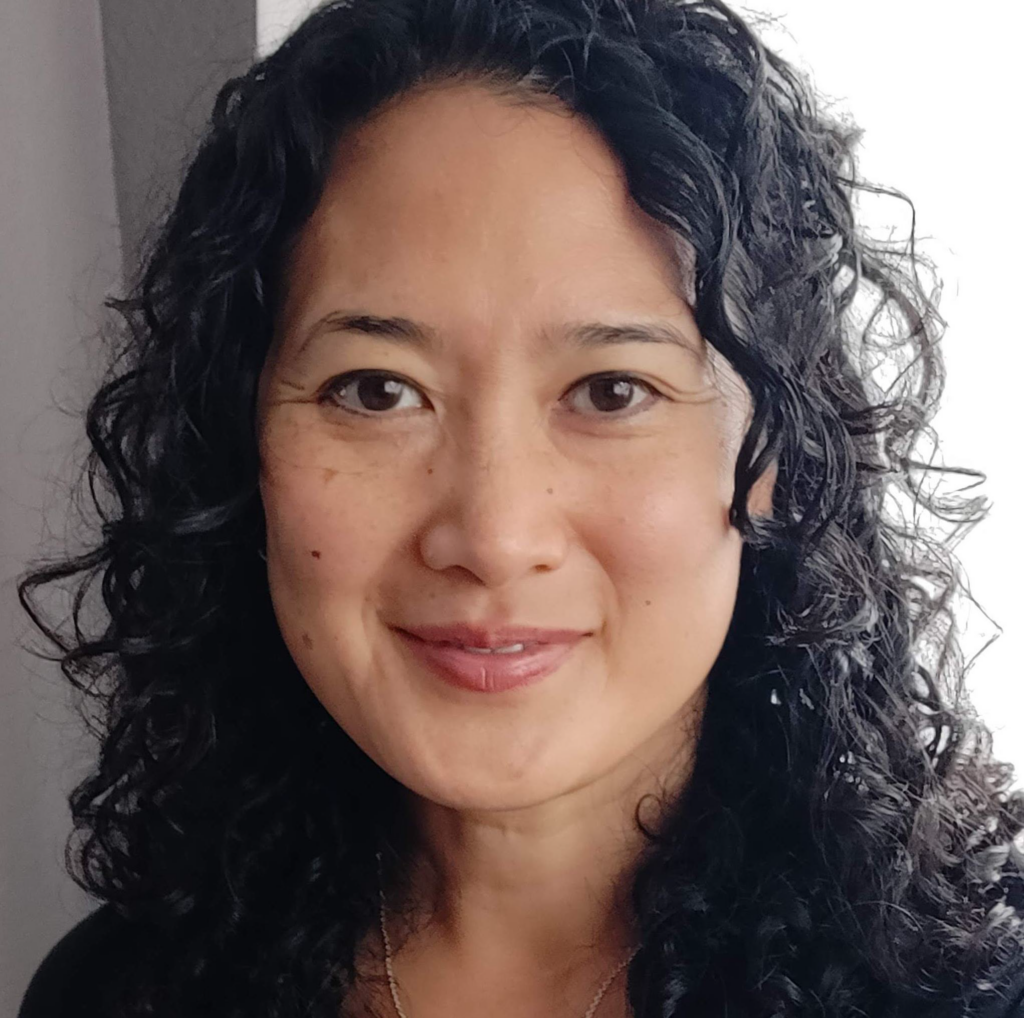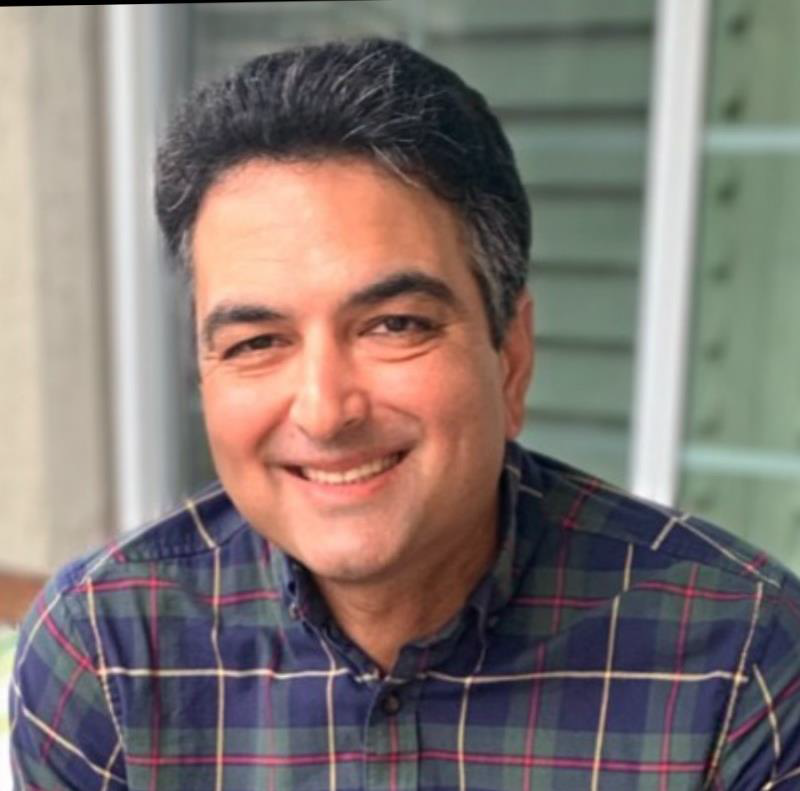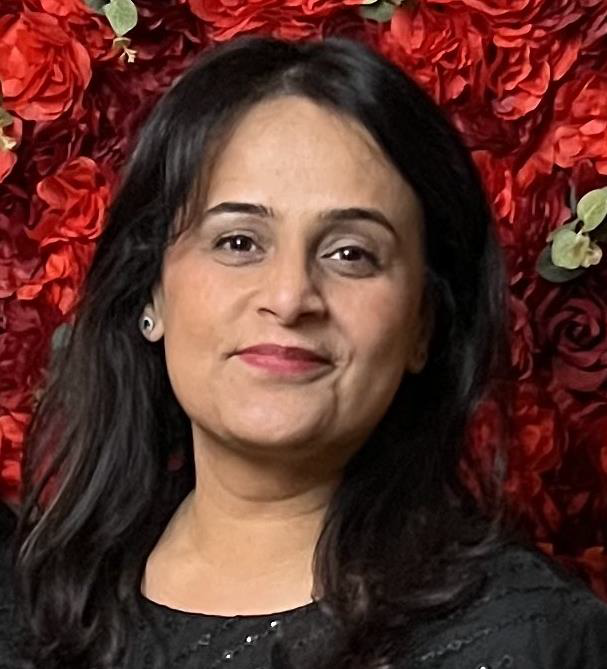Did you know that 75% of American citizens list public speaking as one of their greatest fears and 25% of Americans say it is their biggest fear in life? In fact, the fear is so prevalent in our culture that there is a name for it, Glossophobia, which simply means “speaking anxiety.” This information is reinforced in study after study and the consistent cause of that anxiety arises from a person’s fear of embarrassment in front of a crowd of people in an unfamiliar situation.
When asked about their fears, most adults say they just never had much opportunity to practice public speaking skills while they navigated through school, so they are uncomfortable being in that situation. This is particularly surprising when so many career counselors list “effective public speaking skills” as one of the foremost assets of effective community and business leaders.
The Power of Words
In the biography of billionaire businessman Warren Buffett, “The Snowball: Warren Buffett and the Business of Life,” Mr. Buffett said that he had to “overcome a crippling fear of public speaking” when he was in his teens. “You can’t believe what I was like if I had to give a talk. I would throw up before I would speak.” Mr. Buffett shared that he overcame his nervesby enrolling in a public speaking course because he realized early in life, the importance of mastering public speaking,
Effective Communication is Woven into the Fabric of our Society
It is because of this skill gap, that the DPIE After School Program made the decision three years ago to partner with Gurus Education East Bay which specializes in helping students learn the necessary skills to become confident and persuasive presenters. Asked about speaking anxiety, Ms. Rupali Malhotra, the owner of Gurus Education, acknowledged that, “The fear of public speaking is real and can be especially nerve-wracking for many. Yet it is practically inevitable for most of us to have to speak in front of groups in our professional careers. Effective communication is woven into the fabric of our society and that makes public speaking one of the most useful skills we can have in our arsenal.”
Interview with Rupali Malhotra, Gurus Education East Bay
Since public speaking is such a big fear for so many people, how do your teachers help students overcome their fear of presenting in front of an audience?
Through our courses, we are helping students develop their speaking skills while also making the experience fun. We have learned that practicing in an enjoyable and safe environment is a great way to help students overcome some of the initial hurdles they experience on the way to public speaking excellence.
One of the areas our teachers focus on, is helping students feel comfortable with the content and we start with storytelling. Through this process we teach them easy tricks that help them to connect with their audience. Kids practice these skills through a variety of games, activities, and role plays. As their skills develop, we introduce other elements into their bag of tricks like how to show compassion, speak genuinely, be evocative and descriptive and learn to use humor in their presentations. Teachers and students develop a bond as they go through this journey together which builds confidence for our students.
Why do you believe that being an effective public speaker is one of the most important skills that students can learn in life?
We believe that becoming an effective speaker is a vital skill that every student should master. Being able to clearly communicate ideas and persuade others can help build their self-confidence while growing their ability to motivate, influence and inspire others, these are true leadership skills. The more students practice these skills the more confident they become in their abilities and more likely they are to share their thoughts and opinions with others.
Gurus Education teaches both “public speaking and speech” as well as a debate course. What are the major differences between these forms of public speaking?
All these skills go hand in hand. The purpose of public speaking is to effectively deliver your message to the audience, while debating is learning to listen to your opponent, counter their arguments in an effective and persuasive way and persuade your audience that your point of view is correct. Just think of two attorneys in a court room trying to convince the jury. In the end, the jury’s verdict tells you who had the more convincing argument.
In either case, students need to learn the basics of public speaking and learn to structure what they say in a logical way. They need to know how to use voice, eye contact, energy, posture, and logic to persuade and deliver their message. While in a debate, students need to be able to listen, think on their feet, think logically and speak extemporaneously in order to counter their opponent’s arguments. These are all skills that will pay dividends to students in the real world outside of the classroom over time.
Public Speaking Brings Your Ideas to Life
In the words of 2017 Toastmasters World Champion of Public Speaking, Manoj Vasudevan,“brilliant ideas are worth nothing until they are brought to life with the power of your words.”

